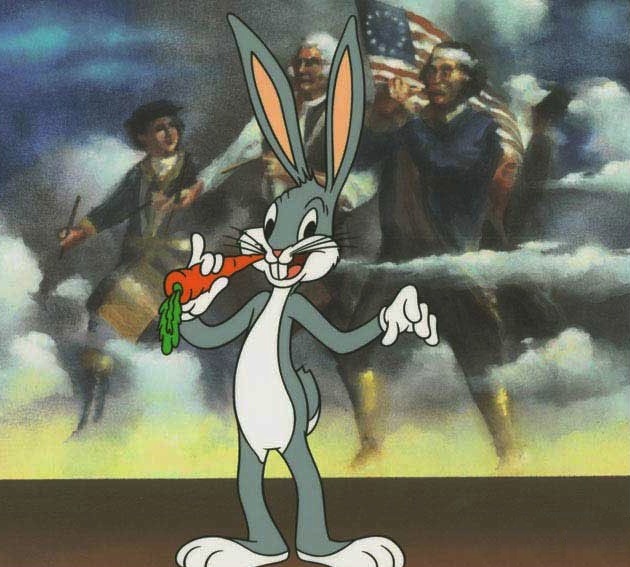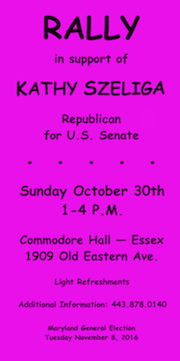
Is this the real Martin O’Malley? or a “MO’M lookalike”? (Ya gotta read the column or you won’t get the joke.)
O’MALLEY DENIES PLAN
TO USE LOOKALIKES
IN 2016 CAMPAIGN
TV’s ‘Meet the Press’ schedules
Jan. 18 show without any press
SENATOR SCHUMER DISCUSSES POLLS;
IS RALPH NADER A ‘FRESH NEW FACE’?
By David Maril
One of the great perks of having been in the newspaper business is all the great anonymous sources that are readily available to provide inside information.
With the arrival of 2015, here’s a guide and calendar — with highlights for the upcoming year — culled from an army of admitted experts, inside traders, outside traitors, conspiracy theorists, and political inactivists:
Jan. 13 — Maryland gasoline stations warn there will be a shortage of the numeral “1” for their display signs when prices drop below $2.00 a gallon.
Jan. 18 — “Meet The Press,” the longest running news show on network television, makes history by not including a single press journalist on its Sunday discussion guest panel.
Jan. 21 — After a six-inch snowstorm, two county towns announce they have already spent their entire snowplowing budget for the winter.
Jan. 24 — With flu vaccines less effective battling the strain of viruses this year and people obsessed with sterilizing their hands every time they touch a doorknob, stock in companies that make disinfectant tissues and hand-wipes is up more than $75 a share.
Feb. 8 — A group of impatient liberals, led by Massachusetts Sen. Elizabeth Warren, who feel President Barack Obama has sold them out, form an activist group called the Coffee Party, demanding big government and more spending to contain the “fat cats” of Wall Street.
Feb. 17 — Ralph Nader launches a consumer safety campaign to have real bumpers and fenders restored to cars.
Feb. 23 — Martin O’Malley, former Maryland governor, denies rumors that he has two lookalike fill-ins to help make it appear he’s campaigning in more than one state at a time, trying to get his name recognized so he can make a legitimate bid to challenge Hillary Clinton for the Democratic presidential nomination.









